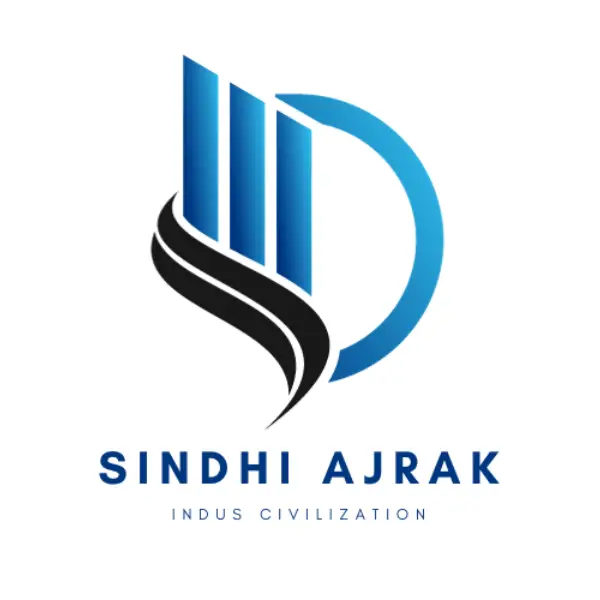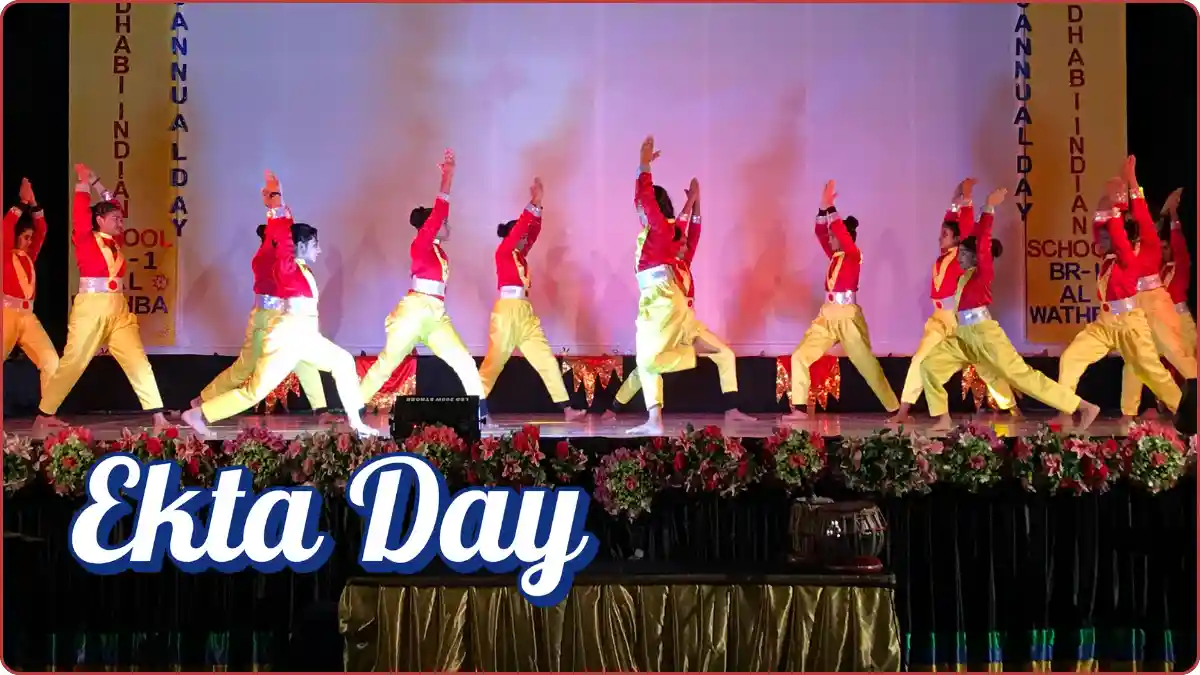Worldwide Sindhis celebrate Sindhi Ekta Day for unity & strength
On Sindhi Ekta Day men wear patka, topi, Ajrak, and shawl, while the women wear sarees, dupattas, and Ajrak print scarf to celebrate the moments of the day. The Patko or turban is a traditional Sindhi shawl that is draped over the shoulders, while the Topi is a traditional Sindhi cap worn by men for pride.
The Ajrak is a printed cloth with intricate designs and patterns, and the Ajrak Kurta is a traditional Sindhi shirt that is adorned with this fabric. On Ekta Day, people from all walks of life come together to celebrate the rich heritage and culture of Sindh. Schools, colleges, and other educational institutions organize special events and programs to promote unity, brotherhood, and harmony.
The Sindhi Ekta day is a reminder that despite our cultural, linguistic, and religious differences, we are all united in our humanity. Sindhi Ekta Day encourages people to embrace diversity, respect differences, and work towards a common goal of peace and prosperity.
Through the celebration of Sindhi Ekta Day, people learn about the importance of cultural preservation and the need to promote harmony among different communities. The day serves as a beacon of hope and a reminder that we are all part of the same human family.
Various political parties celebrate Sindhi Ekta Day on different days and at different times in the first week of December in Sindh. The celebration usually involves taking out rallies through the streets of different towns and cities in Sindh.
The rallies are taken mostly in Karachi, Hyderabad, Nawabshah, Sukkur, Sakrand, Hala, and others. The popular parties that celebrate the Sindhi Ekta Day under their head or chief of parties include:
- Pakistan Peoples Party (Ruling Party)
- Sindh United Party (SUP Nationalist)
- Jeay Sindh Qaumi Mahaz (JSQM Nationalist)
- Sindh Taraqi Pasand Party (STPP Nationalist)
- Qaumi Awami Tahreek

Nara Ajrak Original for Men & Women
PKR 4850
Handmade original Hala Ajrak crafted by the artisans using the ancient of block-Printing method
The Sindhi Ekta Day speech in Sindhi Ekta Day 2022
Ayaz Latif Palijo is a Sindhi writer and political activist, lawyer who gave a speech on Sindhi Ekta Day in December 2022. In his speech, Palijo emphasized the importance of promoting Sindhi culture and identity in the face of external pressures and influences.
He says that Sindhi saqafat or the Indus Civilization is the mother of most ancient civilizations like the Indian Civilization, Australian Civilization, Chinese Civilization, the Sumerian Civilization.
He asks the audience to literate their children so that they can read the sindhi alphabet He emphasizes and asked the audience whether the younger generation is able to read the poetry of Shah Abdul Latif Bhitai, Sheikh Ayaz, Sachal Sarmast, Tanveer Abbasi, Amar Jaleel, and Naseem Kharal. If they do not know how to read these works, then they will lose touch with their civilization.
The Sindhi Ekta day Song
Ahmad Mugal: Sindhi Ekta Day Song by Ahmad Mughal, 2022, a renowned Sindhi singer performed with a musical group of musicians.
FAQs
Frequently Asked Question
Who is Shah Abdul Latif Bhitai?
Shah Abdul Latif Bhittai was a renowned Sindhi Sufi poet and philosopher from Sindh, who lived in the 17th century. He is best known for his literary masterpiece, Shah Jo Risalo, a collection of poems and stories about the lives and teachings of Sindhi Sufi saints. It was 1st time translated in German in 1866 by Ernest Trumpp
Today, he is revered as a saint and the greatest poet in Sindhi literature and his tomb is in Bhit Shah which is a popular pilgrimage site for his followers. Bhittai’s poetry and philosophy continue to inspire and influence people worldwide
Who is Sachal Sarmast ?
Sachal Sarmast was a revered Sindhi saint and poet who lived in the 18th century. He wrote poetry in Sindhi, Siraiki, Urdu, and Persian, and his works are characterized by a deep spirituality and a universal message of love and tolerance. His poetry continues to inspire and influence generations of people in Sindh and beyond.
Who is Amar Jaleel ?
Kazi Abdul Jaleel, also known as Amar Jaleel, is a renowned Sindhi fiction writer and columnist. He was born in Rohri in 1936. Jaleel developed an interest in writing at a young age and began writing stories when he was only 10 years old. In addition to writing, he also played cricket as a wicketkeeper-batsman for his school, NJV School.
Jaleel started his professional career at Radio Pakistan in Karachi and was later transferred to Islamabad where he held various positions at radio and educational institutions. He has authored 20 books and his columns appear in various Sindhi, Urdu, and English-language newspapers in Pakistan.
Jaleel has received numerous awards for his literary work, including the Pride of Performance Award in Pakistan and the Akhal Bharat Sindhi Sahat Sabha National Award in India. Jaleel is currently retired and resides in Karachi, where he spends his leisure time writing articles for newspapers and working as a popular columnist for Dawn and
Sheikh Ayaz?
Sheikh Ayaz was a prominent Sindhi poet and writer, born on May 23, 1923, in Shikarpur, Sindh, which is now part of Pakistan. He is considered one of the greatest poets of the Sindhi language and has contributed significantly to Sindhi literature.
Ayaz’s poetry often explored the themes of love, spirituality, and social justice. He was also known for his advocacy of the Sindhi language and culture, and he used his poetry to express his deep attachment to his homeland and people.
Ayaz wrote numerous books of poetry and prose, including “Saazal,” “Waqt,” “Jhoolan,” and “Nim Dar Nim Avar.” His poetry has been translated into several languages, including English, Urdu, and Hindi.
Sheikh Ayaz received many awards and honors during his lifetime, including the Presidential Pride of Performance Award in 1982, one of the highest civilian awards in Pakistan. He passed away on December 28, 1997, in London, England. Sachal Sarmast was an 18th-century Sindhi poet and sufi saint, famous for his poetry on love, spirituality, and social justice.
His “Diwan-e-Sachal” is a masterpiece of Sindhi literature, and his works have been translated into several languages. Sachal Sarmast was also a renowned sufi saint who followed the Qadiri order, teaching the importance of love, compassion, and devotion to God. Today, he is revered as a cultural and spiritual icon in Sindh, and his poetry continues to inspire people globally.
Tanveer Abbasi
He was a Sindhi poetry writer, he wrote a lot of books in the Sindhi language

